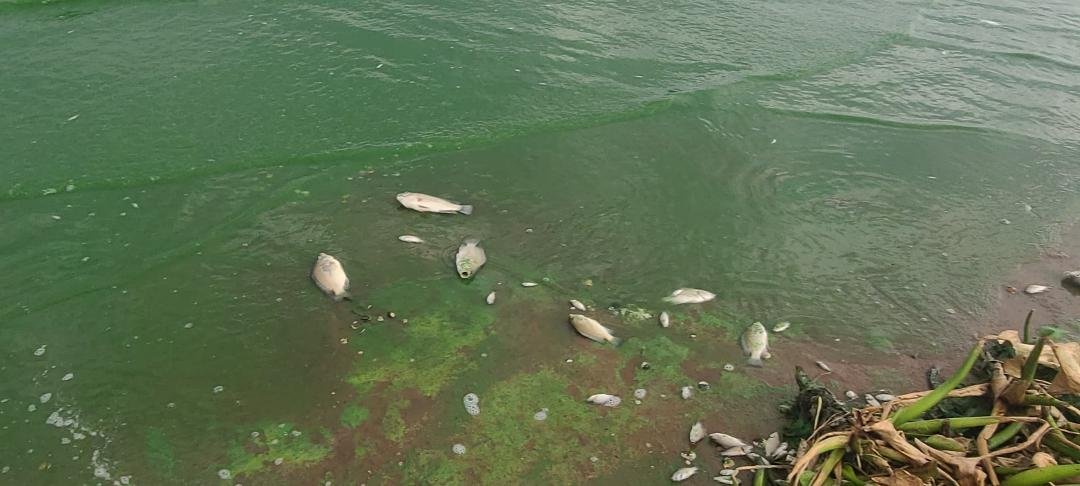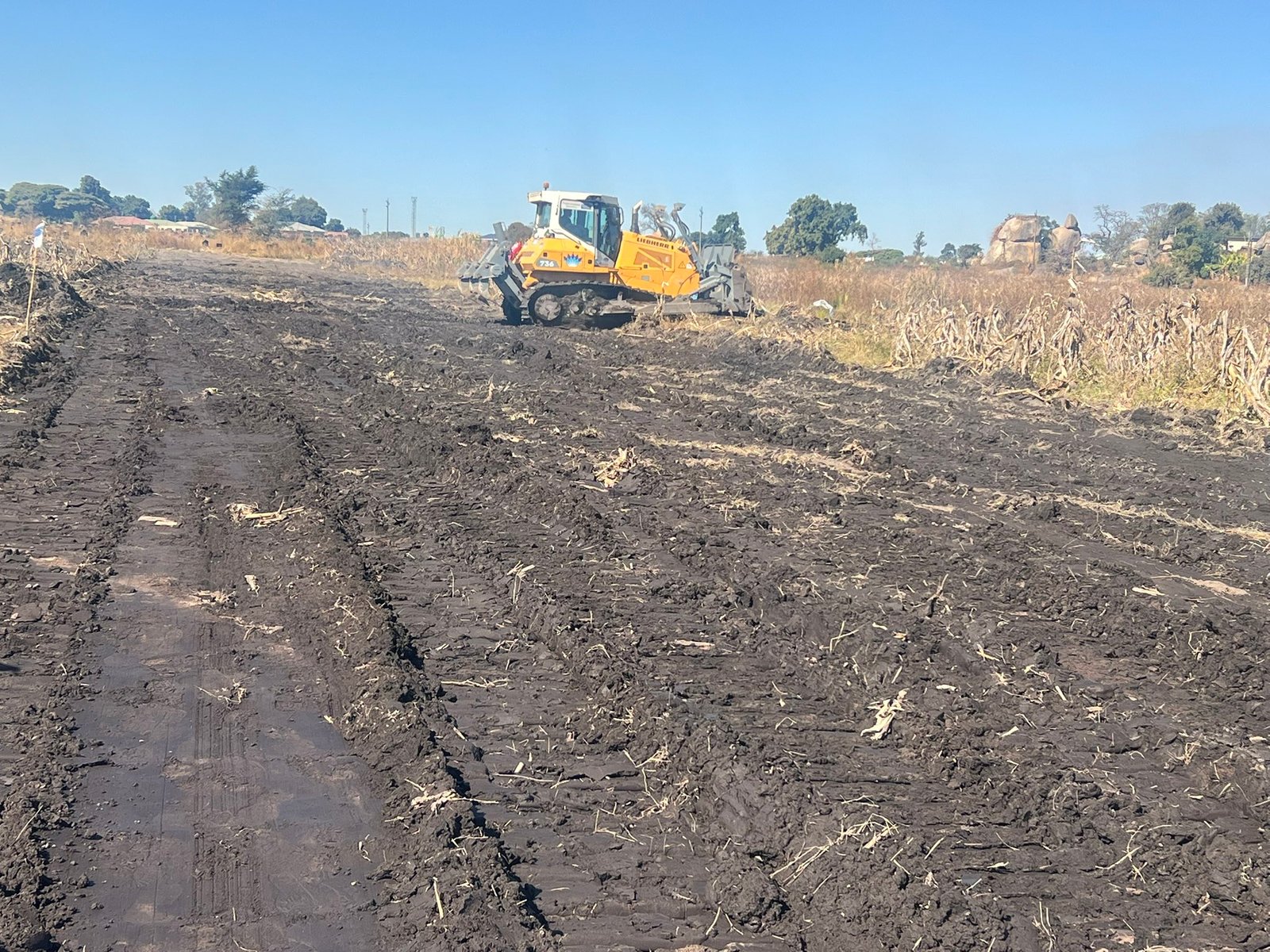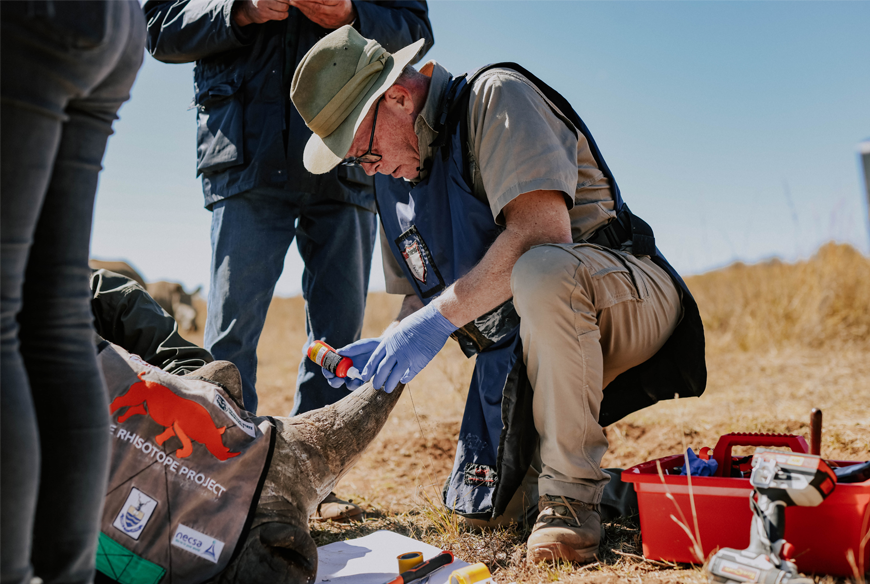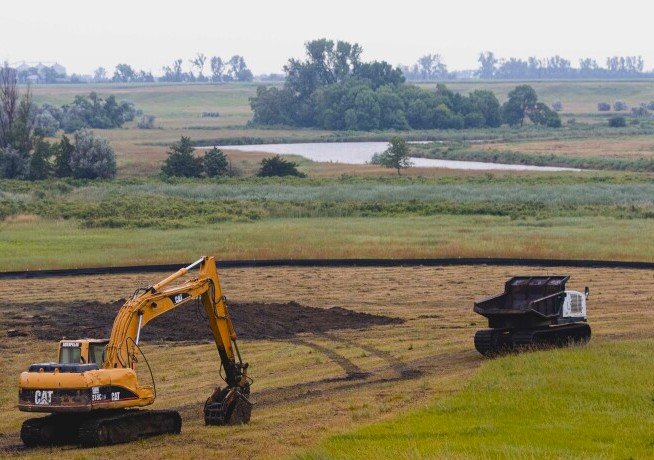The government has unveiled a new set of regulations aimed at safeguarding the vital fish populations in this crucial water source, which has become a popular spot for fishing and leisure activities.
The decision to introduce new regulations comes after concerns were raised by Zvimba East legislator Kudakwashe Manhanzva. He recently wrote to Minister Nyoni, stressing the need for urgent action to protect the fish populations in Lake Chivero.In his letter, Manhanzva highlighted the impact on over 20,000 people affected by the fishing ban.
“These families rely heavily on fishing as a source of livelihood, and the ban has caused significant inconvenience and economic hardship. I urge your ministry to provide a comprehensive update on the measures being taken to address the water pollution issue and restore fishing activities in Lake Chivero.”
These measures are designed to combat overfishing and ensure the long-term sustainability of the lake’s resources. Environment, Climate and Wildlife Minister Sithembiso Nyoni emphasized the urgency of the situation.
“We recognize the importance of Lake Chivero as a vital source of livelihood for many communities, and we must protect its resources for future generations.”
The regulations will include regular water quality monitoring, improved waste management systems, and enhanced education programs for local communities, as well as stricter controls on human activities around the lake.
This initiative follows the alarming ban on fishing activities implemented in December after the tragic deaths of four white rhinos, three zebras, several wildebeest, four fish eagles, livestock, and countless fish attributed to contaminated water.
The contamination was linked to raw effluent and industrial discharges from Harare and its surroundings. The introduction of these new regulations marks a significant effort to manage Lake Chivero’s resources sustainably, with expectations of a positive impact on the local community that relies on the lake for fishing and economic activities.





